Explore a comprehensive guide to 16 inpatient, 31 outpatient, and 13 detox centers across New Hampshire. Compare costs, reviews, and treatment options to find the perfect rehab facility for your needs.

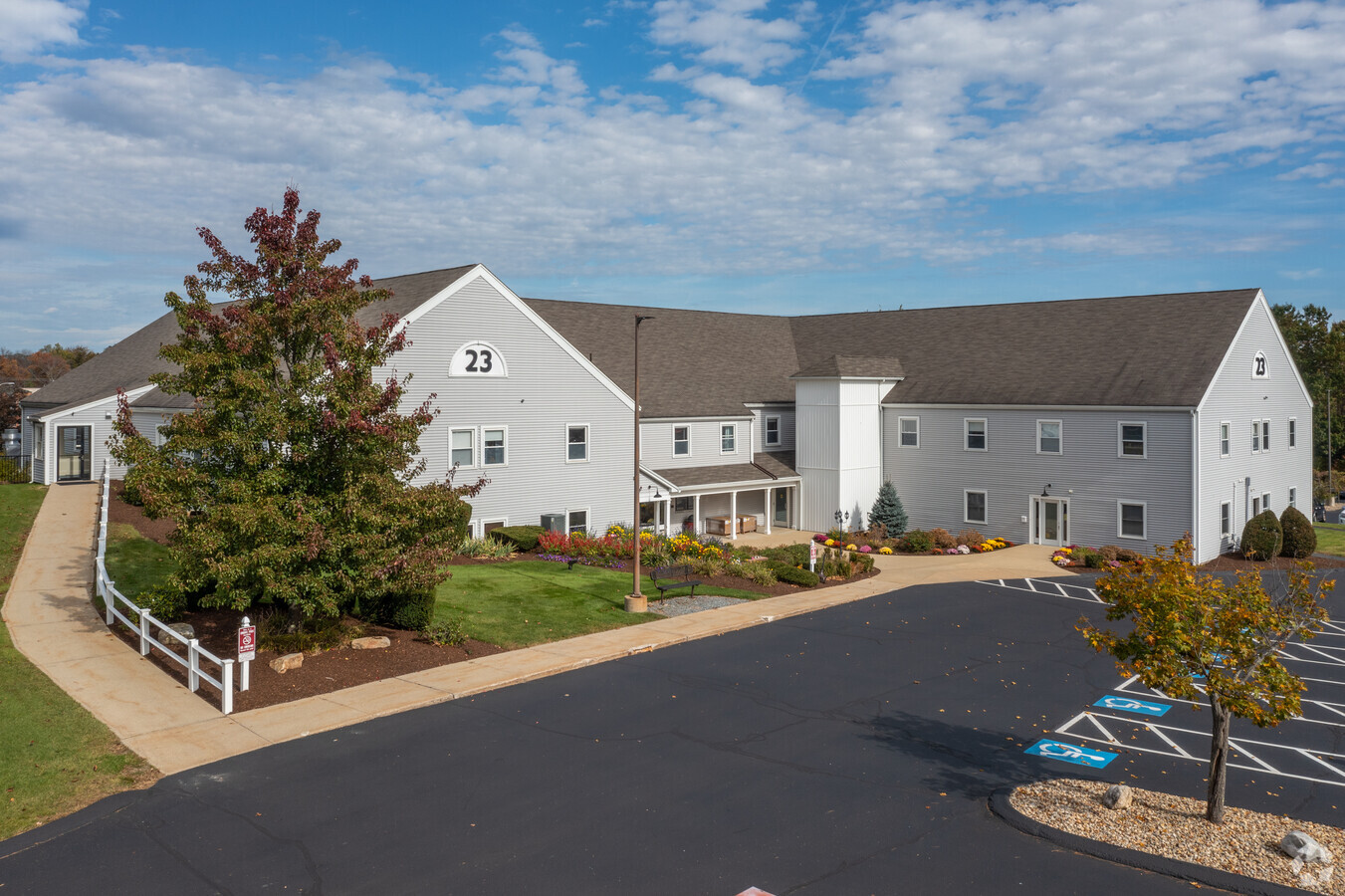 | Addiction Recovery ServicesAddiction Recovery Services, located at 23 Stiles Rd #108, Salem, NH, is dedicated to providing comprehensive treatment options for individuals struggling with substance use disorders. The center offers a range of services, including outpatient treatment, counseling, and support groups, designed to meet the unique needs of each client. With a focus on individualized care and evidence-based practices, Addiction Recovery Services aims to empower individuals on their path to recovery. The experienced and compassionate team is committed to creating a supportive environment that fosters healing, resilience, and personal growth. Discover the effective programs available at Addiction Recovery Services and take the first step towards a healthier, sober lifestyle. 23 Stiles Rd #108, Salem, NH 03079 | Levels of Care:outpatient Payment Options:Medicaid Private insurance Self-Pay Options | ||
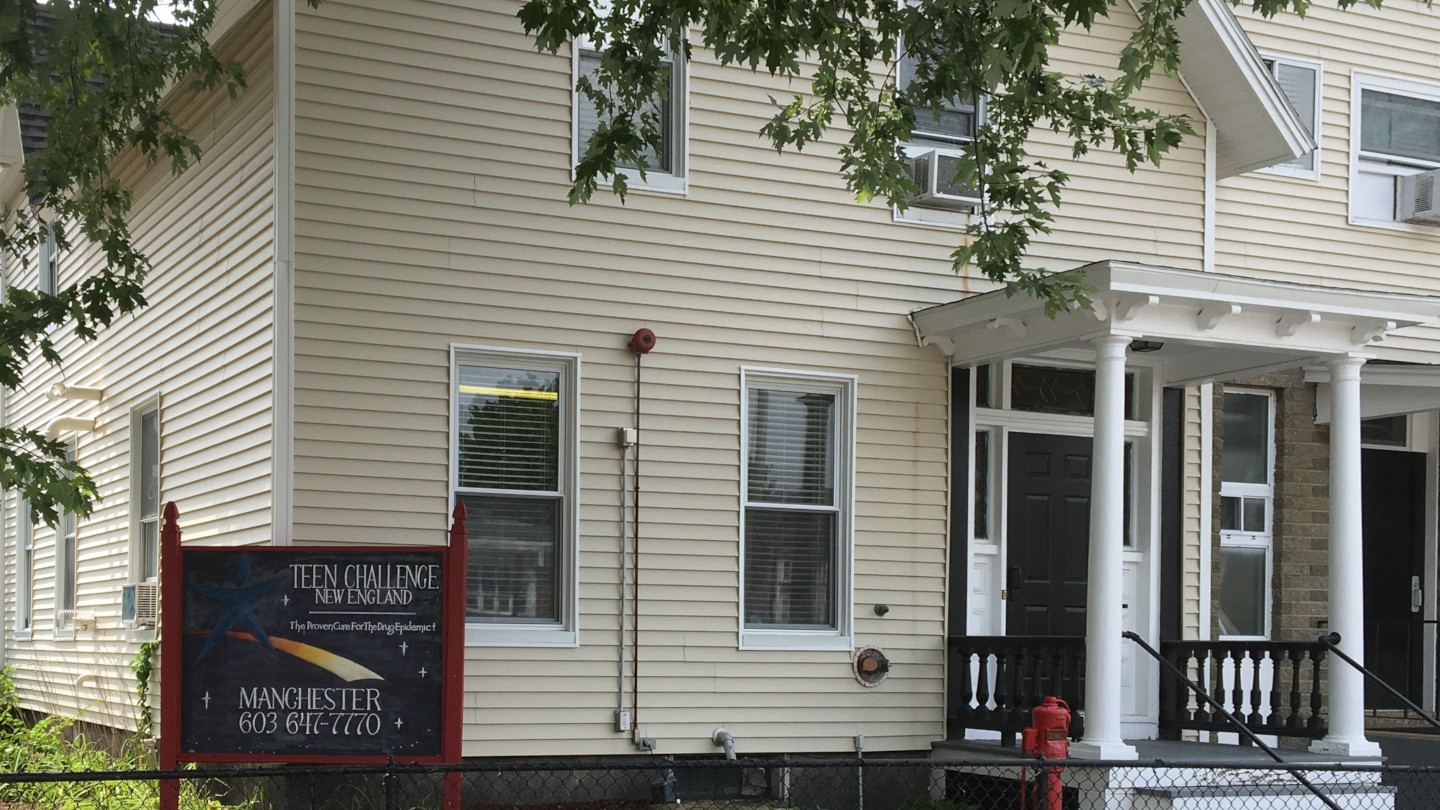 | Adult and Teen Challenge New HampshireAdult and Teen Challenge New Hampshire, located at 147 Laurel St, Manchester, NH, is committed to providing effective addiction recovery support for individuals of all ages. The center focuses on a faith-based approach to treatment, offering programs designed to empower individuals struggling with substance use disorders. Services include residential treatment, life skills training, and individual counseling, all aimed at fostering personal growth and long-term recovery. With a compassionate team dedicated to guiding clients through their healing journey, Adult and Teen Challenge New Hampshire creates a supportive community that promotes hope, healing, and transformation. Discover the impactful programs available and take the first step toward a brighter future. 147 Laurel St, Manchester, NH 03103 | Levels of Care:Inpatient Payment Options:Self-Pay Options | ||
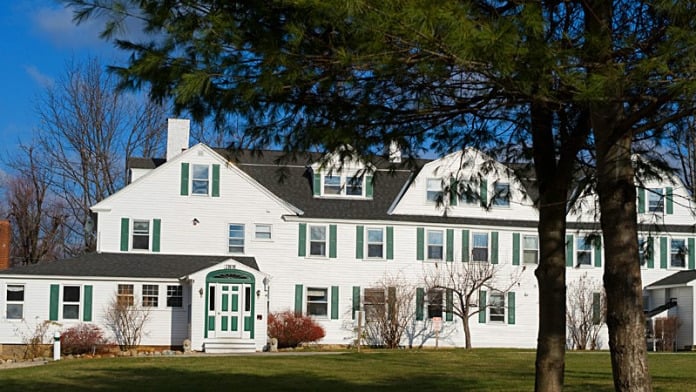 | Avenues Recovery Center: Drug & Alcohol Rehab – DublinAvenues Recovery Center, located at 3 Pierce Rd, Dublin, NH, specializes in providing effective drug and alcohol rehabilitation services tailored to the needs of individuals seeking recovery. The center offers a range of programs, including detoxification, residential treatment, and outpatient services, all designed to support clients on their journey to sobriety. With a focus on evidence-based practices and holistic therapies, Avenues Recovery Center addresses the physical, emotional, and social aspects of addiction. The dedicated team of professionals is committed to creating a compassionate environment that fosters healing and personal growth. Explore the comprehensive services available at Avenues Recovery Center and take the first step towards a healthier, substance-free life. 3 Pierce Rd, Dublin, NH 03444 | Levels of Care:DetoxInpatientoutpatient Payment Options:Private Insurance Self-Pay Options Financial Aid Medicaid Free | ||
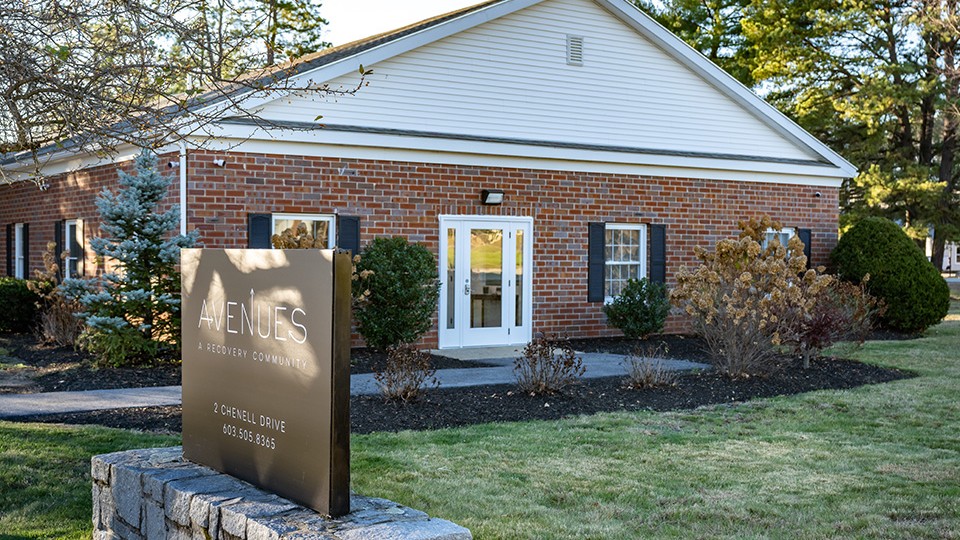 | Avenues Recovery Center: Drug & Alcohol Rehab In New EnglandAvenues Recovery Center, located at 2 Chenell Dr, Concord, NH, specializes in providing comprehensive drug and alcohol rehabilitation services for individuals seeking recovery in New England. The center offers a variety of programs, including detoxification, residential treatment, and outpatient services, all tailored to support clients on their journey to sobriety. With a focus on evidence-based practices and holistic therapies, Avenues Recovery Center addresses the physical, emotional, and psychological aspects of addiction. The compassionate and experienced staff are dedicated to creating a supportive environment that fosters healing and personal growth. Explore the transformative programs available at Avenues Recovery Center and take the first step towards a healthier, substance-free life. 2 Chenell Dr, Concord, NH 03301 | Levels of Care:DetoxInpatientoutpatient Payment Options:Private insurance Self-Pay Options Military Insurance | ||
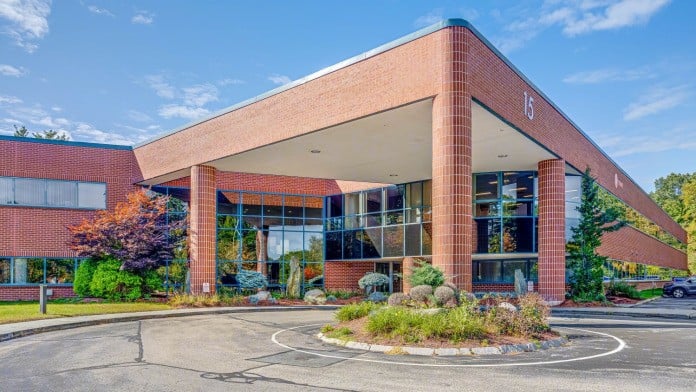 | Aware Recovery CareAware Recovery Care, located at 15 Constitution Dr #2N, Bedford, NH, specializes in providing innovative and individualized addiction treatment services. The program focuses on delivering in-home care, allowing clients to engage in recovery while maintaining their daily routines and responsibilities. Aware Recovery Care offers a comprehensive approach that includes personalized therapy, life skills training, and family support, all designed to foster long-term recovery and wellness. The dedicated team of professionals is committed to empowering individuals on their journey to sobriety, creating a supportive environment where healing and growth can thrive. Discover the unique programs available at Aware Recovery Care and take the first step towards a healthier, fulfilling life. 15 Constitution Dr #2N, Bedford, NH 03110 | Levels of Care:DetoxInpatientoutpatient Payment Options:Private Insurance Self-Pay Options | ||
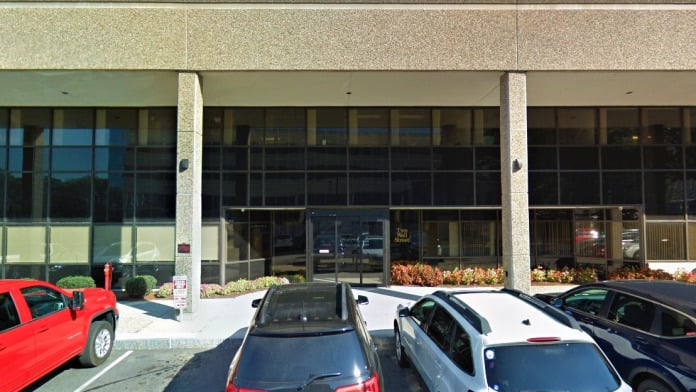 | Bedford Counseling AssociatesBedford Counseling Associates, located at 2 Wall St, Manchester, NH, provides professional counseling and mental health services designed to support individuals and families in their journey toward emotional well-being. The center specializes in a range of therapeutic services, including individual therapy, couples counseling, and support for substance use disorders. With a team of experienced and empathetic counselors, Bedford Counseling Associates is committed to creating a safe and nurturing environment for clients to explore their challenges and develop effective coping strategies. Discover the personalized care available at Bedford Counseling Associates and take the first step towards a healthier, more fulfilling life. 2 Wall St, Manchester, NH 03101 | Levels of Care:Detoxoutpatient Payment Options:Private insurance Self-Pay Options Financial Aid Medicare Military Insurance Medicaid | ||
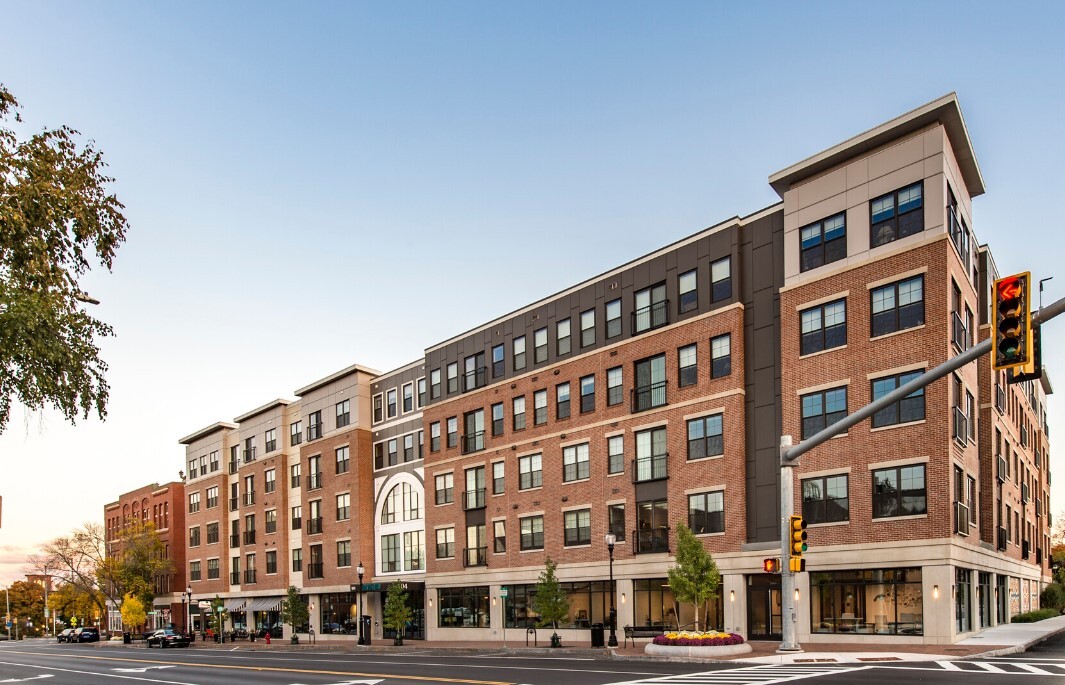 | Behavioral Health ServicesBehavioral Health Services, located at 50 Chestnut St, Dover, NH, is dedicated to providing comprehensive mental health care and support for individuals facing various challenges, including anxiety, depression, and substance use disorders. The center offers a range of services, including individual therapy, group counseling, and crisis intervention, tailored to meet the unique needs of each client. With a compassionate and experienced team of professionals, Behavioral Health Services focuses on empowering individuals to achieve emotional stability and improve their overall well-being. Explore the effective programs available at Behavioral Health Services and take the first step towards a healthier, more fulfilling life. Behavioral Health and Developments55 Washington Street D Dover NH, 03821(603) 749-3244 | Levels of Care:outpatient Payment Options:Private Insurance Self-Pay Options | ||
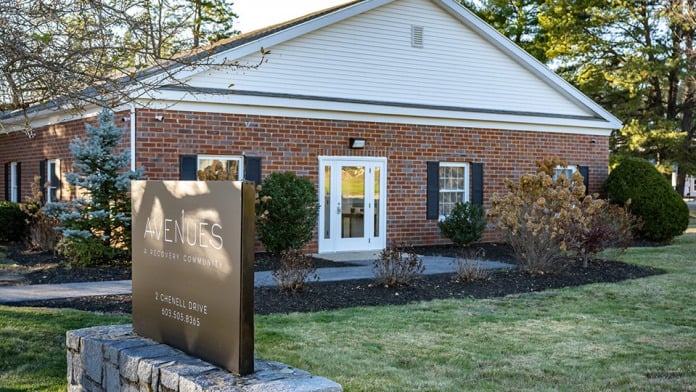 | Blueprint Recovery CenterBlueprint Recovery Center, located at 2 Chenell Drive, Concord, NH, is committed to providing personalized addiction treatment services for individuals seeking recovery from substance use disorders. The center offers a comprehensive range of programs, including outpatient treatment, individual therapy, and group support, designed to cater to the unique needs of each client. With a focus on holistic healing and long-term recovery, the dedicated team at Blueprint Recovery Center works collaboratively with clients to create effective treatment plans that promote emotional wellness and life skills development. Discover the supportive environment and transformative programs available at Blueprint Recovery Center and take the first step towards a healthier, sober life. 2 Chenell Drive, Concord, NH 01169 | Levels of Care:outpatient Payment Options:Self-Pay Options | ||
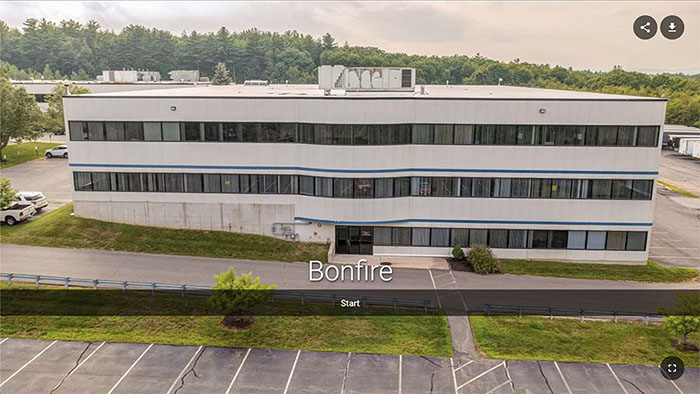 | Bonfire Recovery ServicesBonfire Recovery Services, located at 10 Grove Street, Dover, NH, specializes in providing compassionate and comprehensive addiction recovery services for individuals seeking to overcome substance use disorders. The center offers a variety of programs, including outpatient treatment, individual therapy, and support groups, all designed to foster personal growth and long-term sobriety. With a dedicated team of experienced professionals, Bonfire Recovery Services emphasizes a holistic approach to recovery, focusing on emotional, mental, and physical well-being. Discover the supportive community and effective recovery programs at Bonfire Recovery Services, and take the first step towards a healthier, fulfilling life. 10 Grove St, Dover, NH 03820 | Levels of Care:outpatient Payment Options:Self-Pay Options | ||
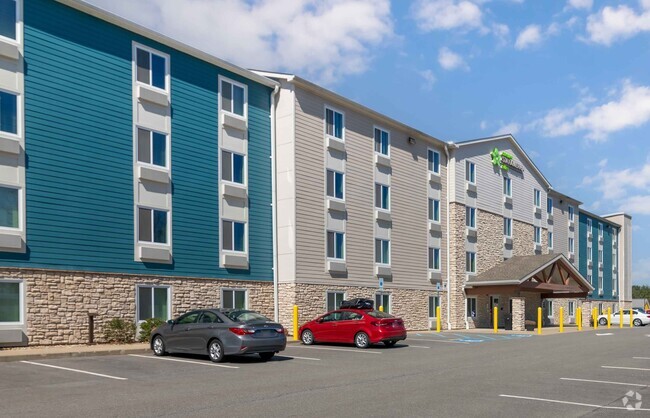 | Bresnahan & Ball Substance Abuse Counseling ServicesBresnahan and Ball Counseling Services, located at 1B Commons Dr UNIT 7, Londonderry, NH, offers specialized outpatient therapy designed to support individuals and families in their journey toward mental wellness. The center provides a wide range of services, including individual therapy, family counseling, and group sessions, tailored to meet the diverse needs of clients. With a team of qualified and compassionate counselors, Bresnahan and Ball emphasize a client-centered approach that fosters personal growth and emotional resilience. Explore the effective outpatient programs available at Bresnahan and Ball Counseling Services and take the first step towards a healthier, happier life. 1B Commons Dr UNIT 7, Londonderry, NH 03053 | Levels of Care:outpatient Payment Options:Private Insurance Self-Pay Options | ||
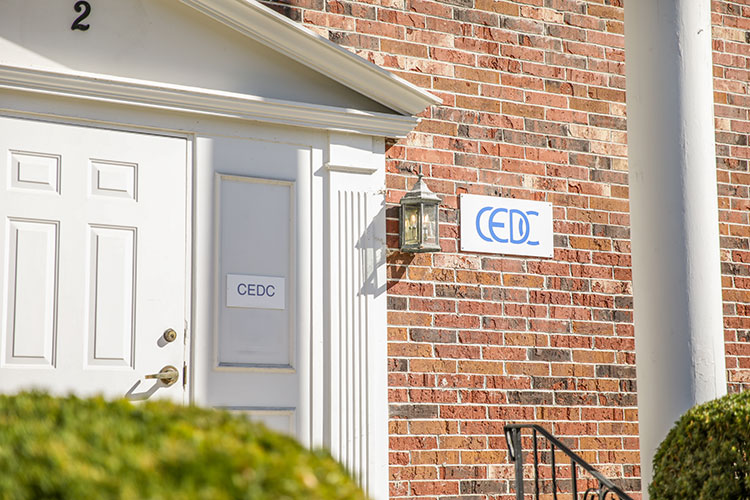 | Cambridge Eating Disorder CenterCambridge Eating Disorder Center, located at 105 Loudon Rd Building 2, Concord, NH, is dedicated to providing specialized treatment for individuals struggling with eating disorders. The center offers a comprehensive range of services, including individual therapy, group therapy, and nutritional counseling, all designed to create a supportive environment for healing and recovery. With a team of experienced professionals who understand the complexities of eating disorders, Cambridge Eating Disorder Center focuses on personalized treatment plans that address the physical, emotional, and psychological aspects of recovery. Discover the compassionate care and effective programs available at Cambridge Eating Disorder Center and take the first step toward a healthier relationship with food and body image. 105 Loudon Rd Building 2, Concord, NH 03301 | Levels of Care:outpatient Payment Options:Medicaid Private insurance Self-Pay Options | ||
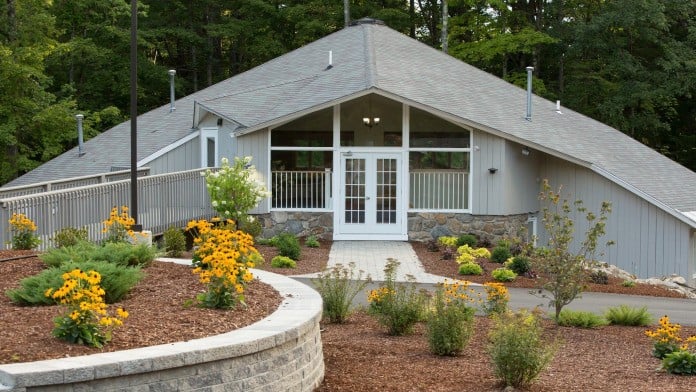 | Canterbury Behavioral Health - Inpatient Mental Health TreatmentCanterbury Behavioral Health, located at 367 Shaker Rd, Canterbury, NH, specializes in inpatient mental health treatment for individuals facing acute mental health challenges. The facility provides a safe and supportive environment where patients receive comprehensive care tailored to their specific needs. With a team of experienced mental health professionals, Canterbury Behavioral Health offers a range of therapeutic interventions, including individual therapy, group therapy, and medication management. Committed to fostering recovery and resilience, the center focuses on holistic approaches to healing, ensuring that each patient is treated with dignity and respect. Explore the dedicated services available at Canterbury Behavioral Health and take the first step towards improved mental well-being. 367 Shaker Rd, Canterbury, NH 03224 | Levels of Care:DetoxInpatientoutpatient Payment Options:Private Insurance Self-Pay Options Financial Aid Medicaid | ||
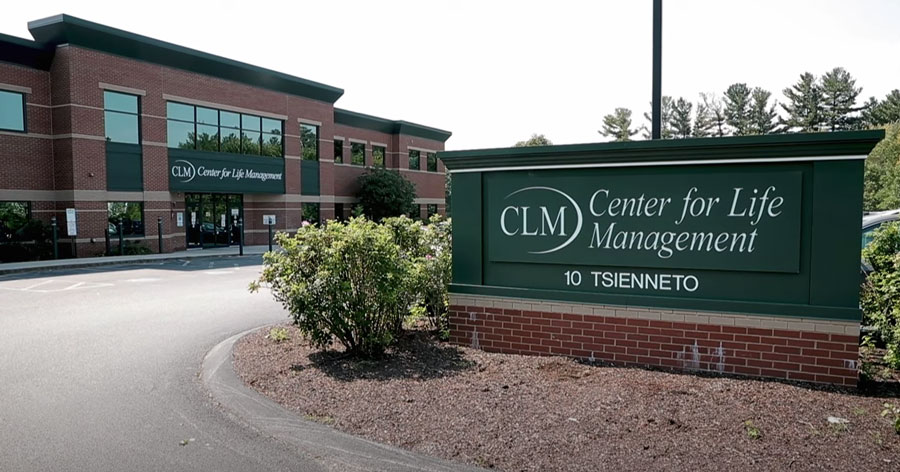 | Center for Life ManagementCenter For Life Management, located at 10 Tsienneto Rd, Derry, NH, is dedicated to providing comprehensive mental health services aimed at supporting individuals and families in their journey toward emotional well-being. The center offers a wide range of services, including therapy, counseling, and crisis intervention, tailored to meet the diverse needs of the community. With a team of compassionate and experienced professionals, Center For Life Management emphasizes a holistic approach to mental health care, focusing on empowerment and personal growth. Explore the supportive environment and effective programs available at the Center For Life Management and take the first step towards a brighter future. 10 Tsienneto Rd, Derry, NH 03038 | Levels of Care:Detoxoutpatient Payment Options:Private Insurance Self-Pay Options Financial Aid Medicare Military Insurance Medicaid | ||
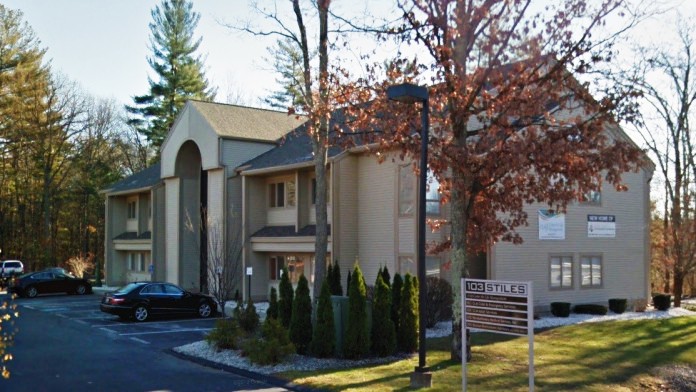 | Center For Life Management - SalemCenter For Life Management - Salem, located at 103 Stiles Rd, Salem, NH, is committed to providing quality mental health services that empower individuals and families to achieve emotional well-being. The center offers a comprehensive range of services, including individual therapy, group counseling, and crisis support, tailored to address the unique needs of each client. With a dedicated team of licensed professionals, Center For Life Management - Salem emphasizes a client-centered approach that promotes healing and personal growth. Discover the compassionate care and effective programs available at the Center For Life Management - Salem and take the first step towards a healthier, happier life. 103 Stiles Rd, Salem, NH 03079 | Levels of Care:outpatient Payment Options:Medicaid Private insurance Self-Pay Options Medicare | ||
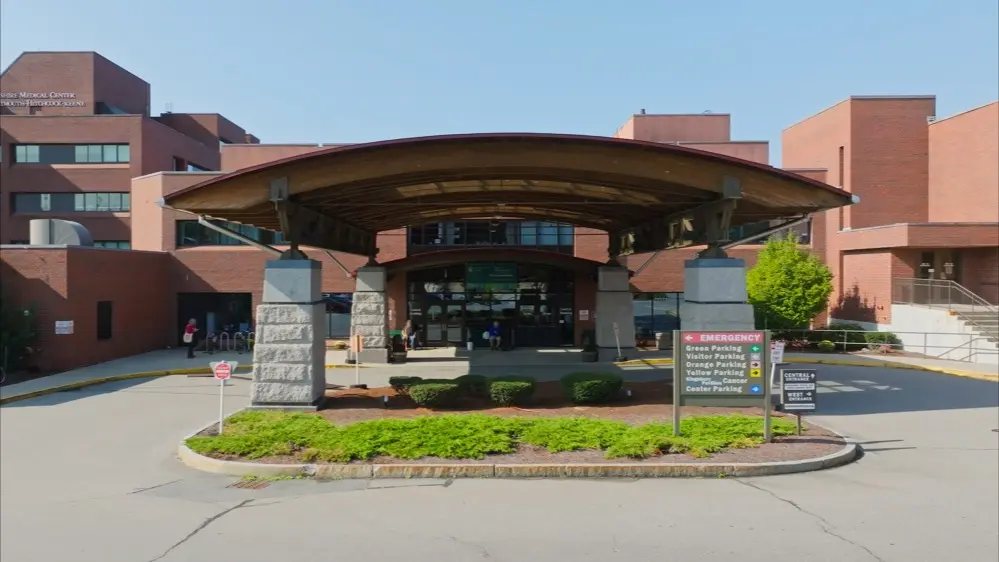 | Cheshire Medical CenterCheshire Medical Center Behavioral Health, situated in Keene, New Hampshire, is a premier private rehab facility specializing in comprehensive treatment for various substance abuse addictions, including co-occurring mental health disorders. They provide residential care that ensures long-term support for successful addiction recovery. Their specialty rehab programs include age-appropriate treatment for teens, focusing on adolescent-specific challenges, as well as age-sensitive addiction treatment tailored for older adults, considering their unique health and life-stage issues. Additionally, they offer accessible addiction treatment utilizing sign language and adapted communication methods to accommodate all individuals seeking help. 580 Court St, Keene, NH 03431 | Levels of Care:Inpatient Payment Options:Medicaid Private insurance Self-Pay Options Financial Aid Medicare Military Insurance | ||
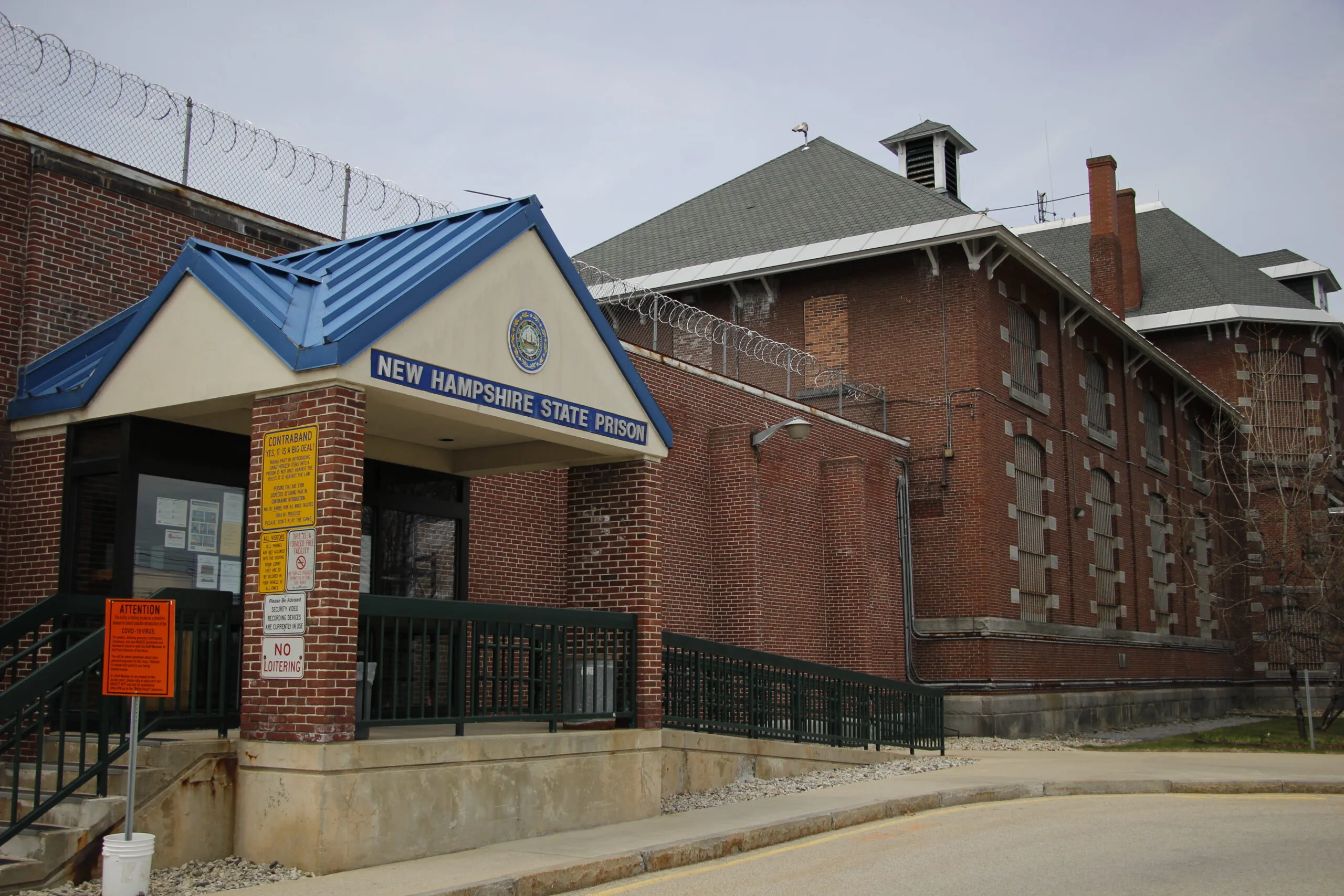 | Christian Aftercare MinistriesChristian Aftercare Ministries, located at 50 Lowell St #39, Manchester, NH, is dedicated to providing supportive recovery services for individuals seeking to rebuild their lives after addiction or trauma. The ministry offers a range of programs, including counseling, support groups, and life skills training, all rooted in Christian principles. With a compassionate team that emphasizes faith-based support and community, Christian Aftercare Ministries aims to empower individuals on their journey to healing and personal growth. Discover the transformative programs available at Christian Aftercare Ministries and take the next step toward a fulfilling and sober life. 50 Lowell St #39, Manchester, NH 03101 | Levels of Care:outpatient Payment Options:Free | ||
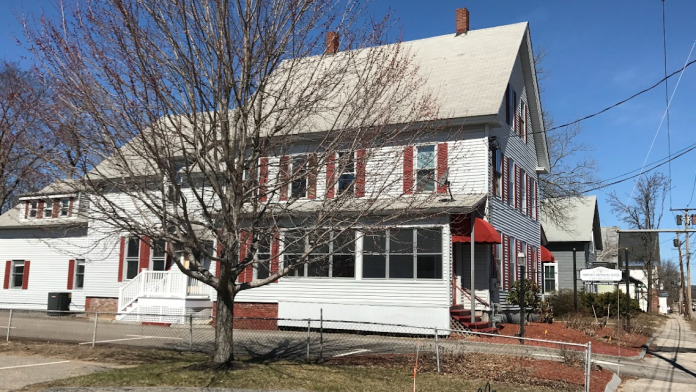 | Chrysalis Recovery CenterChrysalis Recovery Center, located at 20 Canal St, Franklin Business Center (up one floor), Franklin, NH, is dedicated to providing compassionate and effective addiction treatment services. The center offers a variety of programs, including outpatient therapy, group counseling, and relapse prevention, designed to support individuals on their journey to recovery. With a team of experienced professionals, Chrysalis Recovery Center focuses on personalized treatment plans that address the unique challenges of each client. Discover the supportive environment and comprehensive resources available at Chrysalis Recovery Center and take the first step toward a healthier, substance-free life. 20 Canal St, Franklin Business Center - up one floor, Franklin, NH 03235 | Levels of Care:outpatient Payment Options:Medicaid Private insurance Self-Pay Options | ||
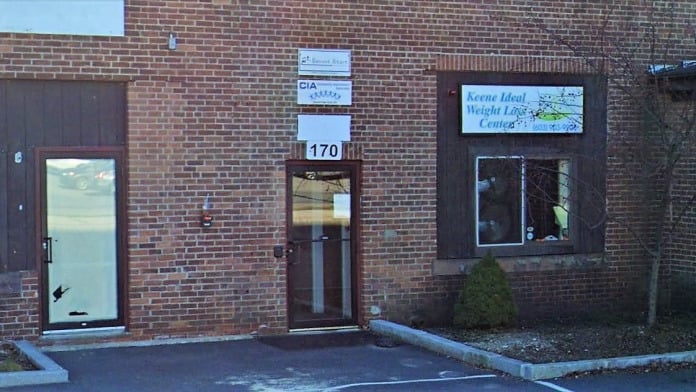 | Community Improvement AssociatesCommunity Improvement Associates, located at 160 Emerald St, Keene, NH, is dedicated to enhancing community development and improving the quality of life for residents. The organization focuses on various initiatives aimed at providing resources, support, and advocacy for local projects that promote social, economic, and environmental improvement. With a commitment to collaboration and community engagement, Community Improvement Associates works alongside residents and local organizations to address challenges and create sustainable solutions. Discover the impactful programs and services offered by Community Improvement Associates and join the effort to strengthen the Keene community. 160 Emerald St, Keene, NH 03431 | Levels of Care:outpatient Payment Options:Medicaid Private insurance Self-Pay Options | ||
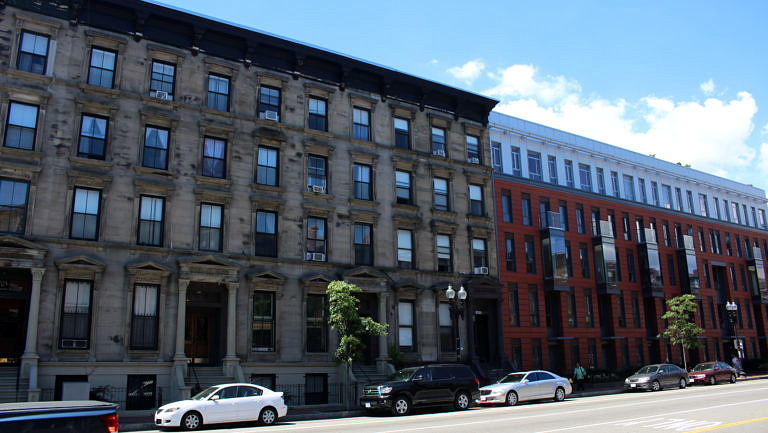 | Community Resources For JusticeCommunity Resources For Justice, located at 1490 Elm St, Manchester, NH, is dedicated to promoting social justice and providing support for individuals impacted by the criminal justice system. The organization offers a range of services, including reentry programs, advocacy, and community education, aimed at fostering rehabilitation and reducing recidivism. With a focus on empowering individuals and building stronger communities, Community Resources For Justice works collaboratively with local partners to create pathways toward success and reintegration. Explore the vital programs and resources available at Community Resources For Justice and contribute to a more just and equitable society. 1490 Elm St, Manchester, NH 03101 | Levels of Care:Inpatientoutpatient Payment Options:Self-Pay Options Medicaid Financial Aid Medicare Free | ||
Concord HospitalConcord Hospital | Payment Options:Medicaid |
Find New Hampshire drug rehabs in cities near you or sort by letter.
For anyone seeking help for addiction for themselves or a loved one calls to Addiction Helpline America are completely confidential and available 24/7.
Please note: any treatment center listed on our site that receives calls is a paid advertiser.
Calls to a specific treatment center’s listing will be connected directly to that center.
Calls to our general helpline will be answered by treatment providers, all of whom are paid advertisers.
By calling the helpline, you agree to our terms and conditions. These calls are free of charge and carry no obligation to enter treatment. Neither Sober Steps nor anyone answering your call receives a commission or fee based on your choice of treatment provider.
If you’d like to explore additional treatment options or connect with a specific rehab center, you can browse our top-rated listings, visit our homepage, or call us at (844) 561-0606. You may also contact us for further assistance.
Calls to any general helpline will be answered or returned by one of the treatment providers listed, each of which is a paid advertiser:
Our helpline is available 24 hours a day, 7 days a week at no cost to you and with no obligation for you to enter into treatment. We are committed to providing support and guidance whenever you need it.
In some cases, Addiction Helpline America charges our verified partner a modest cost per call. This fee helps us cover the costs of building and maintaining our website, ensuring that we can continue to offer this valuable service to those in need.